Forgotten Land
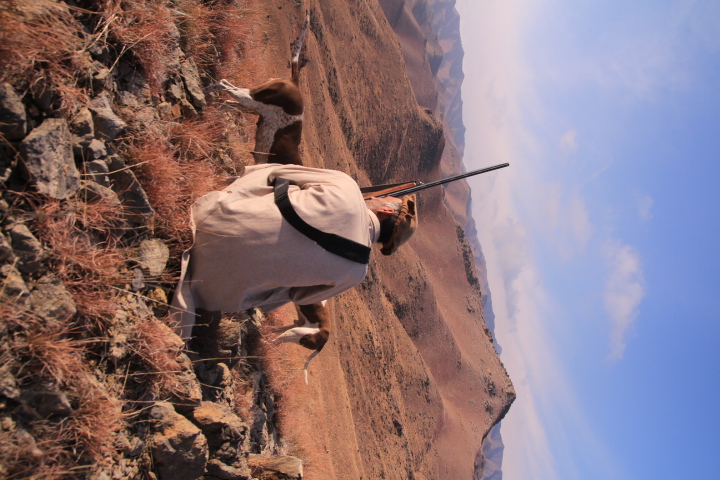
The Pakistan’s former tribal areas remained the epicenter of the so called “War on Terror” The region plunged into a decade long violence. The US former president Obama refer to the region as “the most dangerous place in the world.” When he started nonstop drone strikes and Pushed Pakistani military into carrying multiple military operations killing and displacing thousands of the people from the region. The region until 2018 was ruled by colonial law called Frontier crime regulation (FCR).

Kurram is one of the seven districts of former tribal areas. It shares border with three Afghan provinces, Nangrahar in its North, Paktia and Khost in its west. The district was home to scores of Mujaheedin training camps during cold war. When US invaded Afghanistan. Many Al-Qaida fighters escaped from bombing over Torabora caves located in Spighar range.
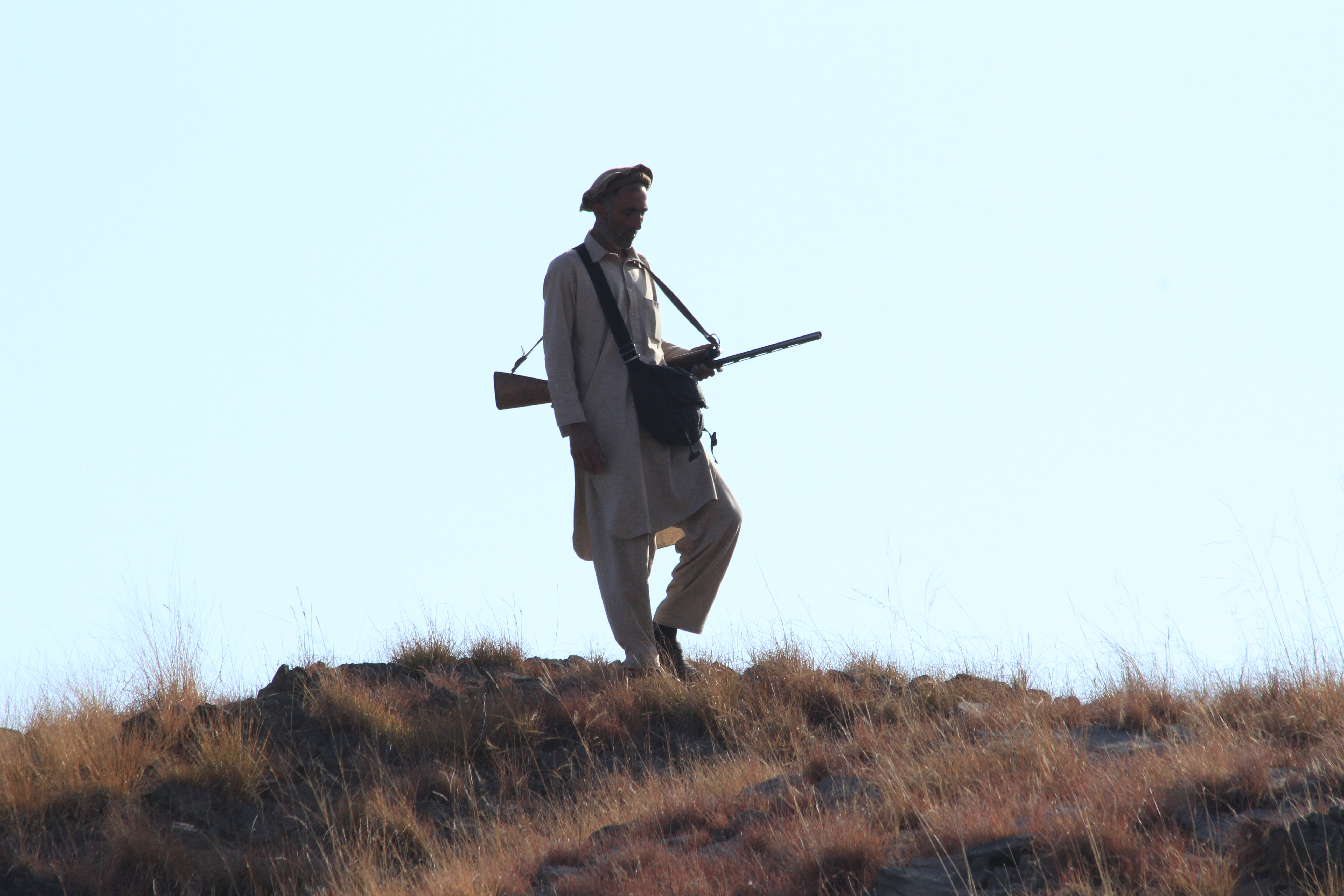
The areas is inhabited by several Pashtun tribes. Turi is major tribe of the district and it is the only Pashtun tribe following shia faith. The region has long history of sectarian conflicts dating back to the era when the region was part of Afghanistan. The tribe was persecuted by Afghan kings for its faith and to extract revenue from the tribe living on both sides of the river Kurram.
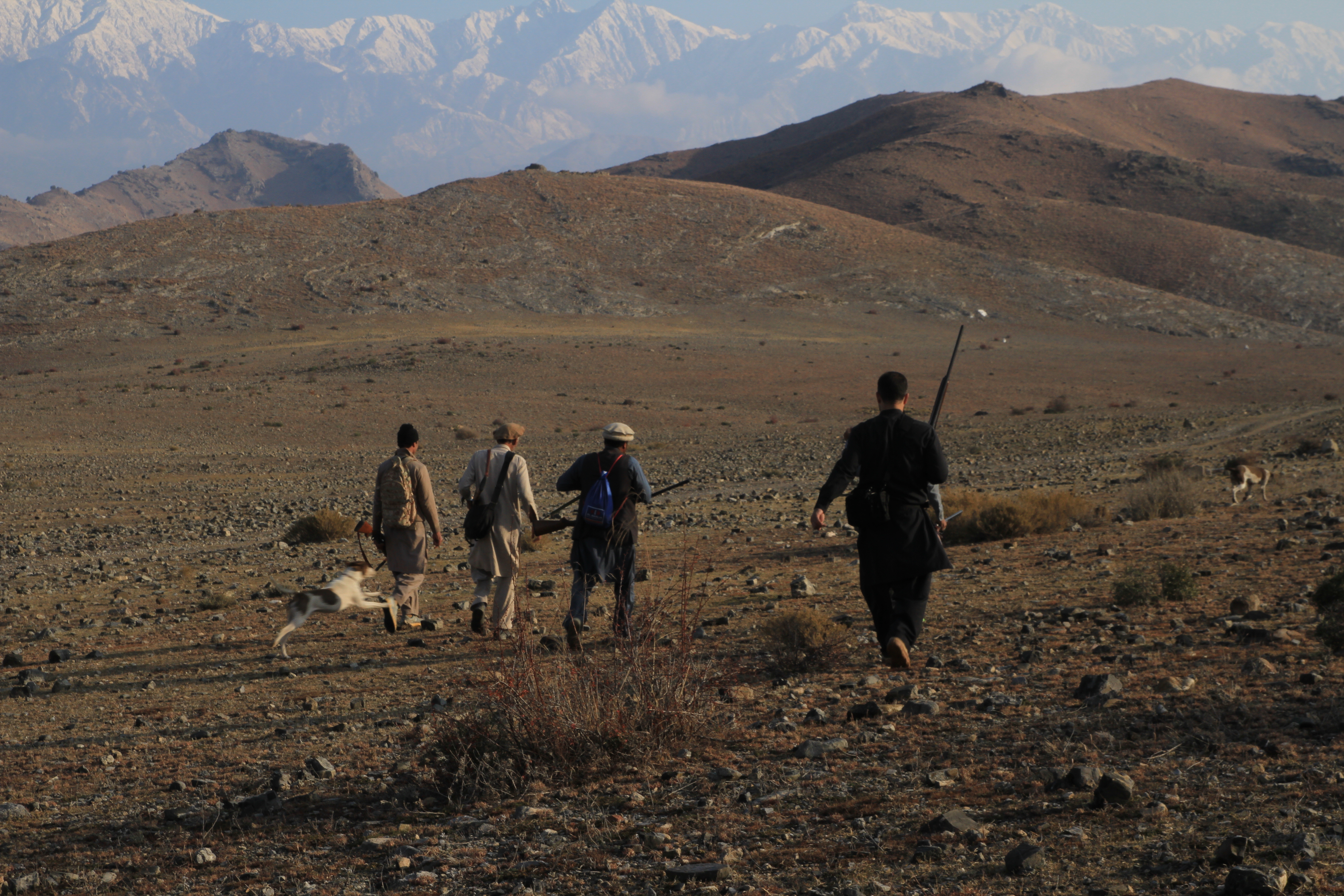
In 2007 when Taliban started resurgence in Afghanistan. The Haqqani Taliban envisaged to engage US and NATO forces allover Afghanistan. As Kurram shares border with three Afghan province and considered to be the closest Pakistani town to Kabul. Haqqani Taliban started making inroad in the Kurram, whoever Turis being shia were feared conservative Deobandi Sunni Taliban and they stopped Taliban from carrying cross border attacks in Afghanistan.
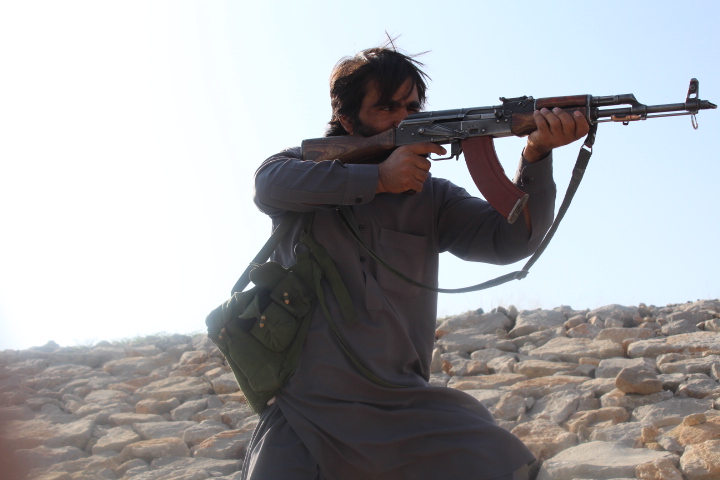
In response Taliban ambushed Turi villages in Kurram in 2007 and closed the only road which connects it with rest of Pakistan. Taliban put Turis under siege for year and continued attacks on the villages
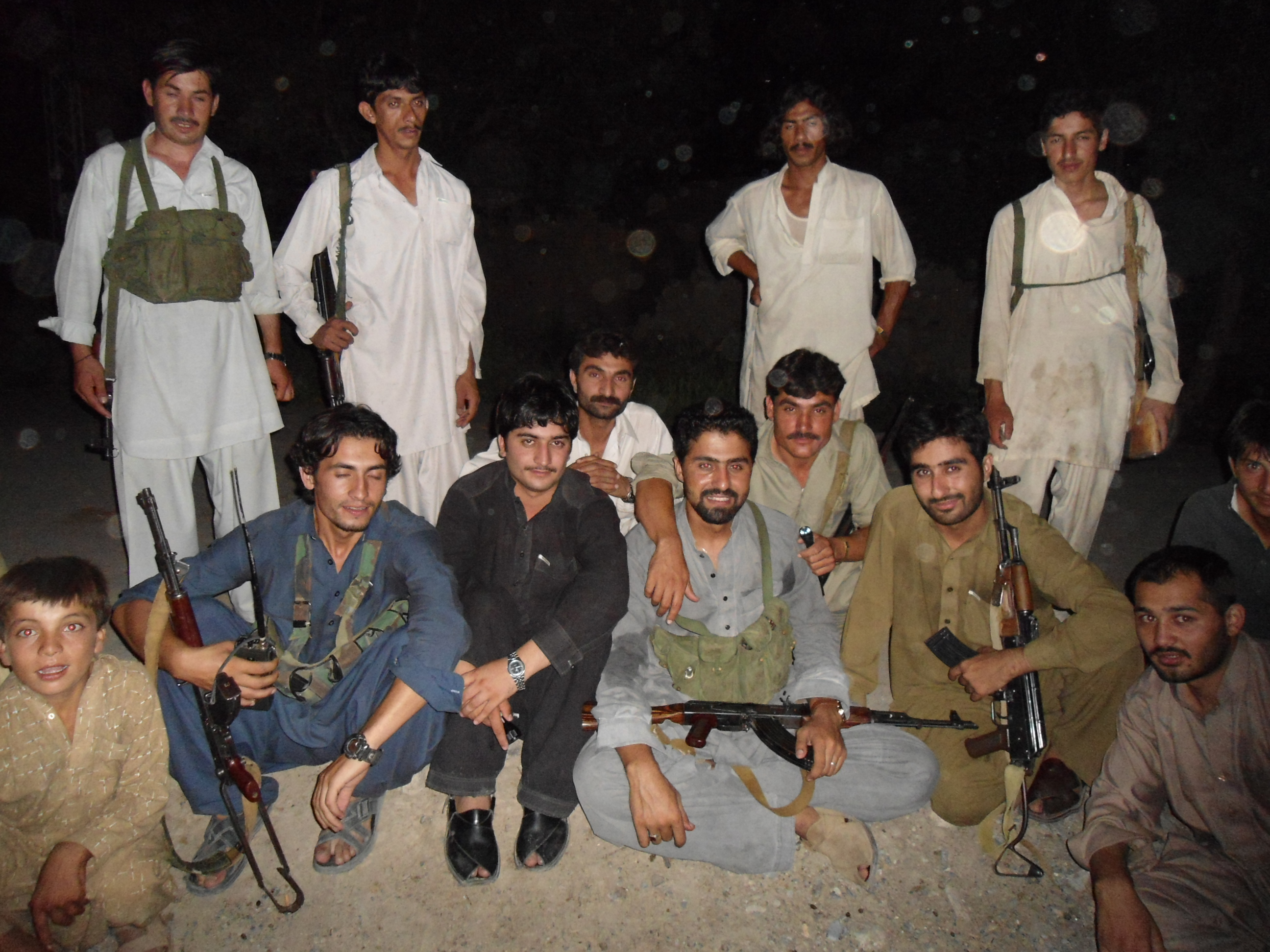
Turis mobilized its forces and fought against Taliban for years, completely cut from the rest of the country. There was food and medicine shortages. The region was not covered by local and international media. The school and colleges remained closed. Students used to travel through Afghanistan to their universities in Peshawar. Kurram has highest literacy rate in the tribal districts but the generation which grew up during these years was forcefully militarized by the state as the state deliberately withheld its writ.
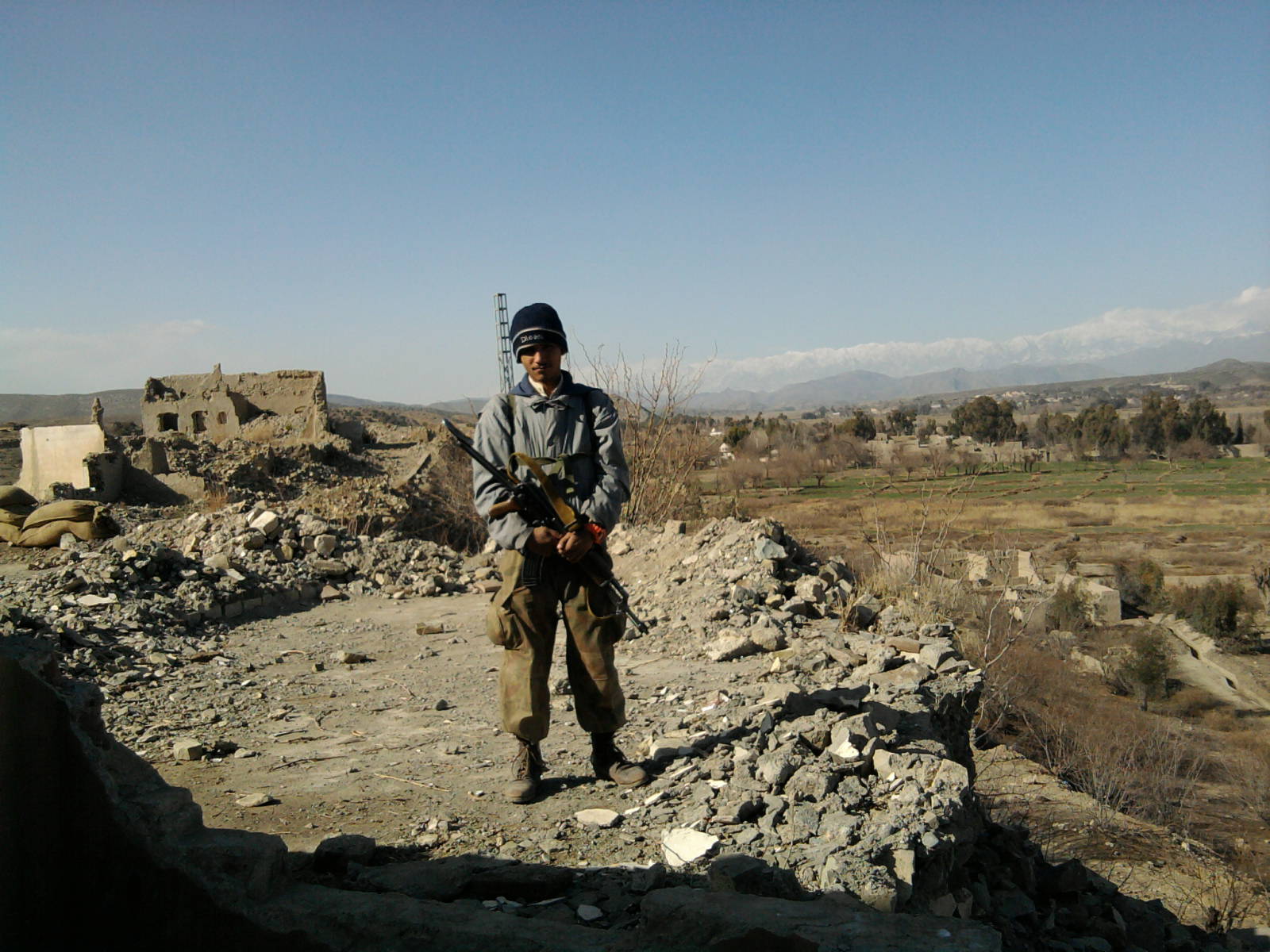
According to The News article in 2021 from March to September 71 suicides were recorded in Kurram, highest in the Pakistan. In 2018 Pakistani government merged tribal areas of Pakistan with Khyber Pakhtunkhwa province after a successful youth lead rights based movement called Pashtun Tahafuz/protection Movement (PTM).
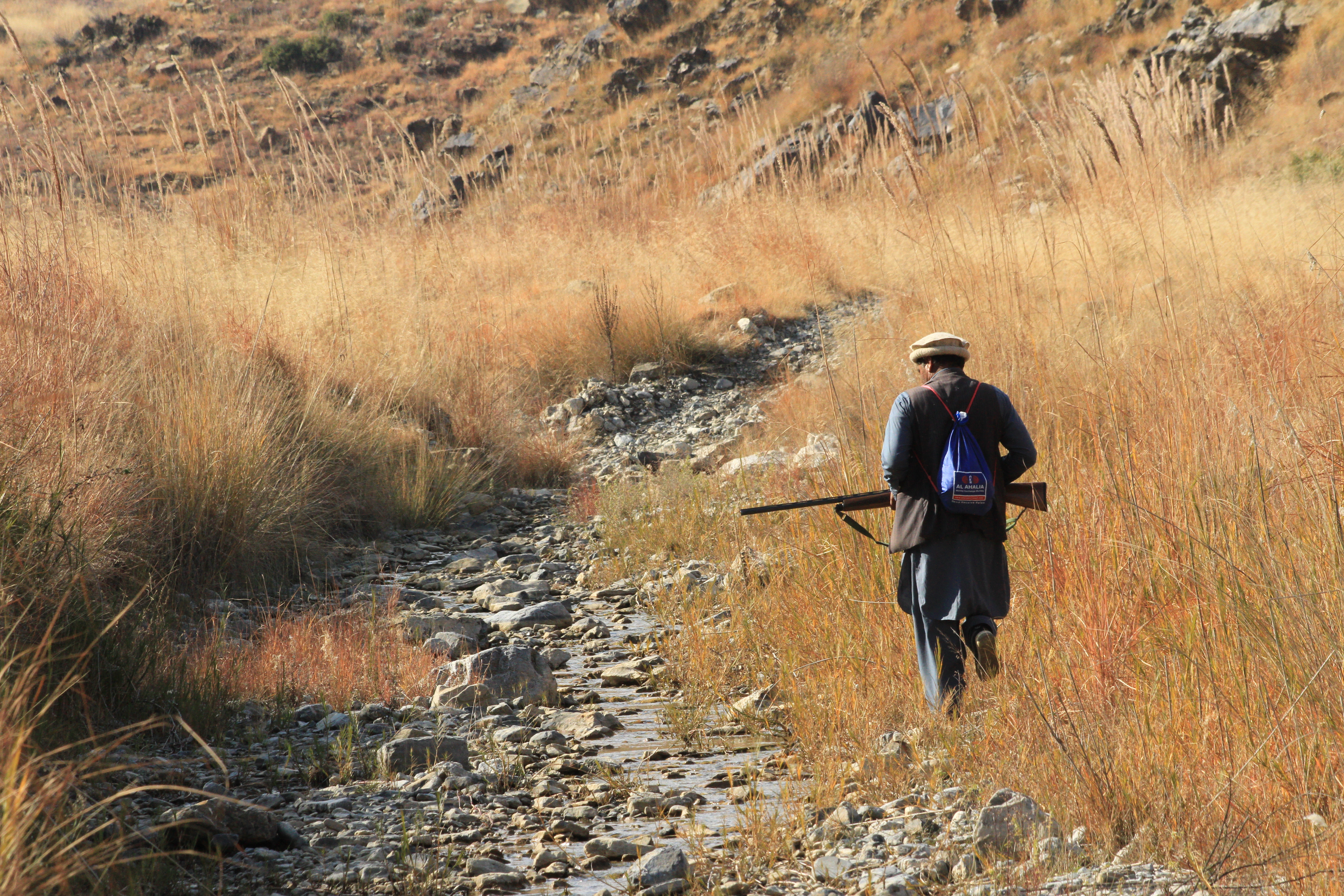
The merger failed to mainstream the region to bring it par with rest of the Pakistan as the region is one of the poorest place in the country. Most of the people are dependent on subsistence farming remittances from abroad. Many of the youth have migrated to gulf, Australia and Iraq.
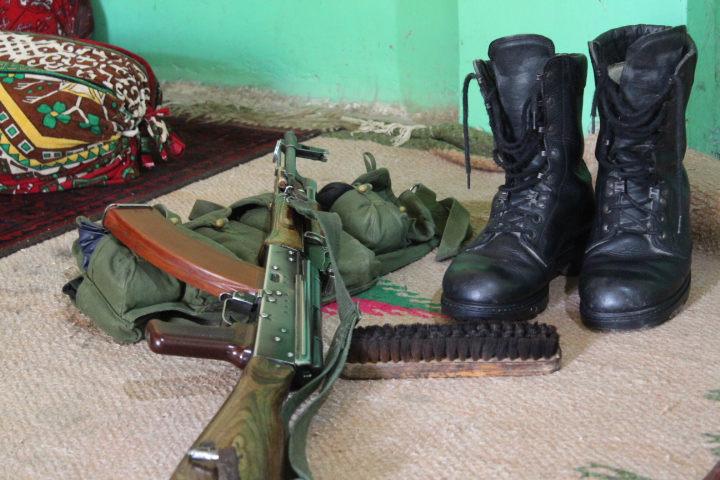
The militarized and unemployed youth was recruited by Iran to fight on behalf of Assad regime in the Syria against ISIS.
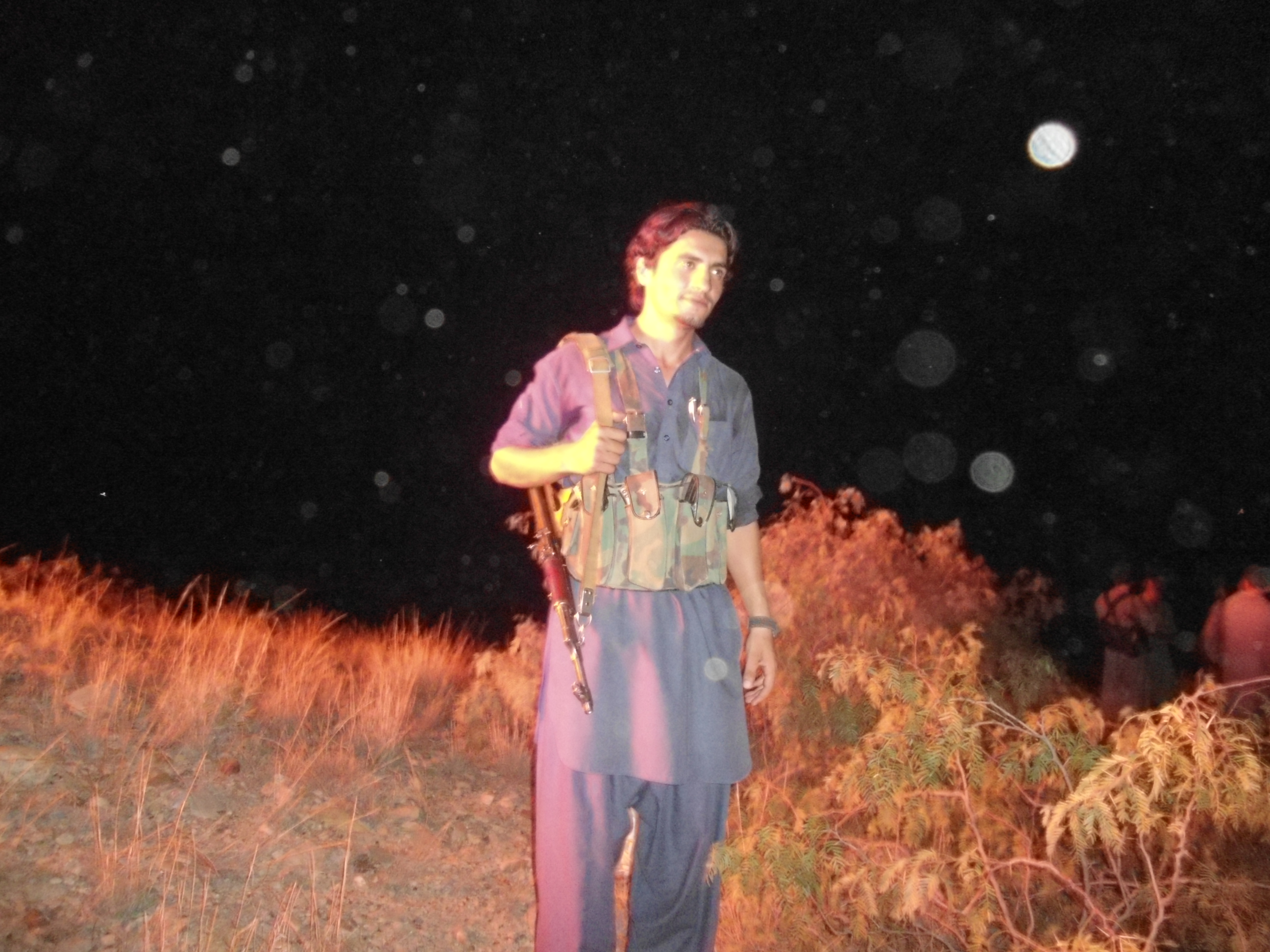
However the violence in the region especially among Pashtuns are still analyzed through 19th and 20th century colonial orientalist stereotyping of Pashtuns. The colonial anthropologists viewed Pashtun in binary e.g brave and honorable or treacherous scoundrels. The colonial literature has depicted Pashtuns as warriors or semi savages.
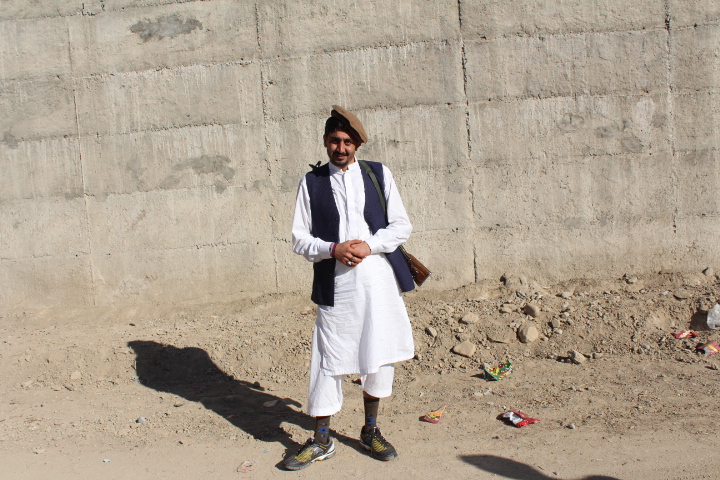
The postcolonial state of Pakistan inherited the colonial knowledge and its quest for strategic narrative in Afghanistan has been exploiting the colonial orientalist tropes. During Taliban insurgency, Pakistani government and scholars termed Taliban insurgency as Pashtun phenomenon.
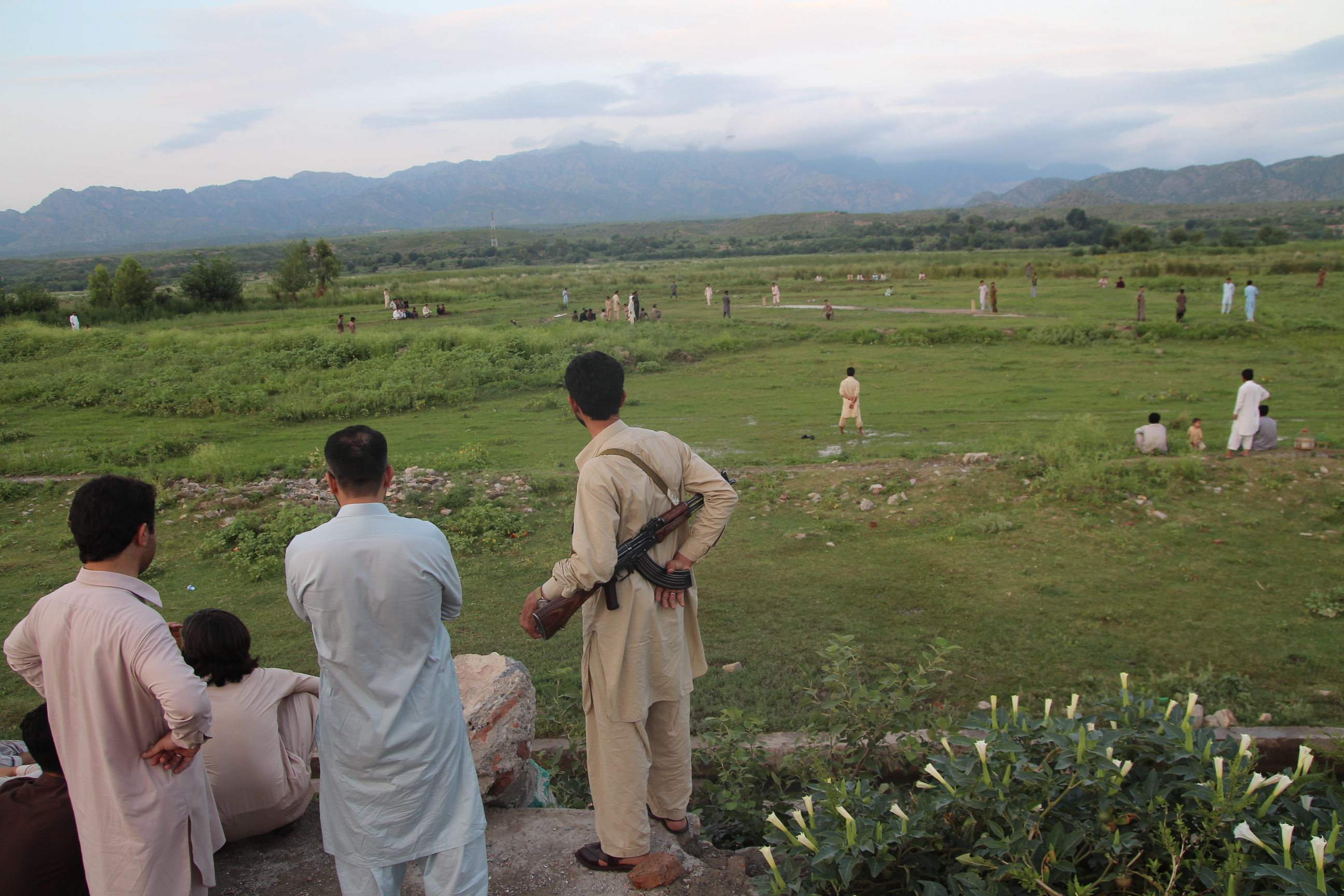
When Pakistan announced military operation zarb e azab in 2014 in Waziristan. Thousands of locals were displaced from their houses, leaving everything behind. However in the cities they were not welcomed by Pakistanis as they equated Pashtun with Taliban despite being the most affected by Taliban.
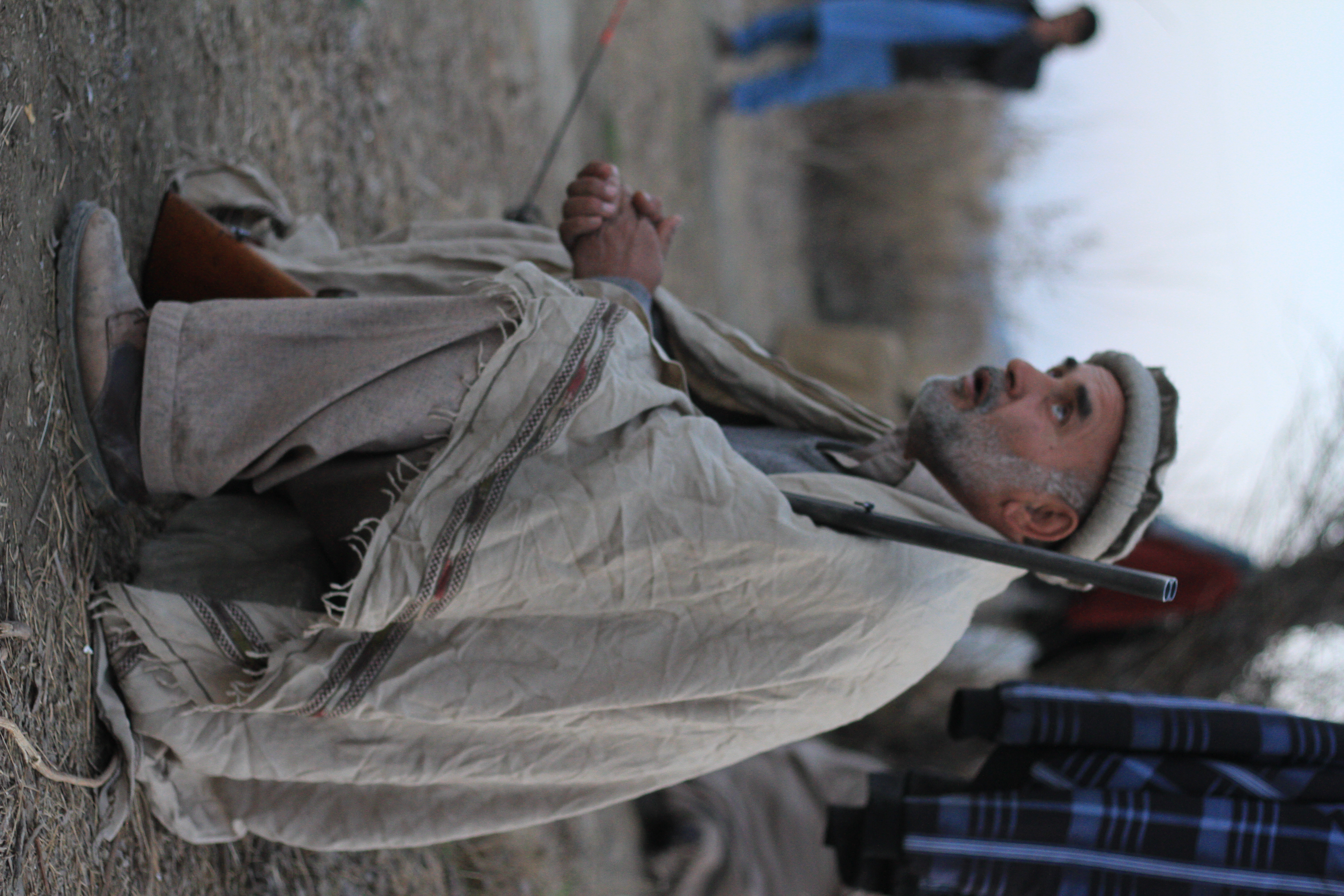
Pashtuns were harassed and are still harassed whenever there is a blast in the city. The harassment of Pashtuns came to the surface when a peaceful nonviolent, youth lead Pashtun Tahfuz/Protection Movement (PTM). Many of the activist of the movement were either arrested or killed for example Ali Wazir Member of Parliament from South Waziristan and leader of PTM whom 15 family members were killed by Taliban has been in jail for last one year for his protest against violence in tribal areas. On 27th of May Pakistan has announced officially that they are having peace talks with Taliban.
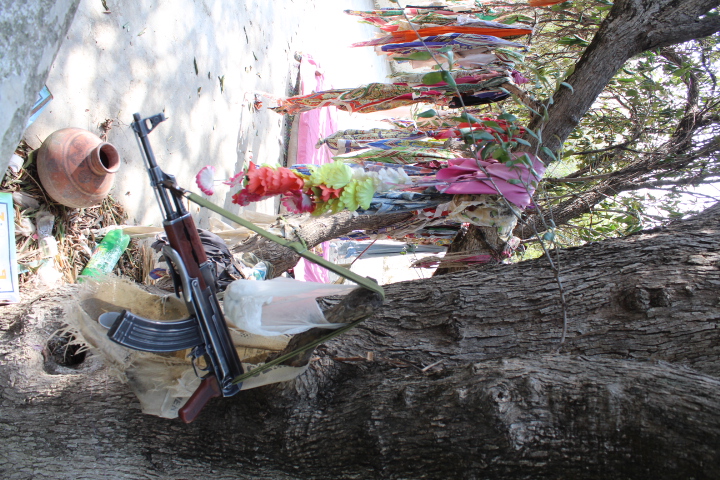
However Taliban are demanding to reverse the merger of tribal areas of Pakistan as The region tribe before colonial area self-governed themselves through tribal traditions and customs. The colonial administration in British India started governing tribal regions indirectly through bifurcated customary law called Frontier Crime Regulation (FCR). The law instrumental to govern regions which were expensive to govern and extract taxes through revenue. This law was more coercive as it instrumentalised the most patriarchal and subversive customs of the tribes and governed the local through their own customary elders and militias by promulgating collective punishment rules.